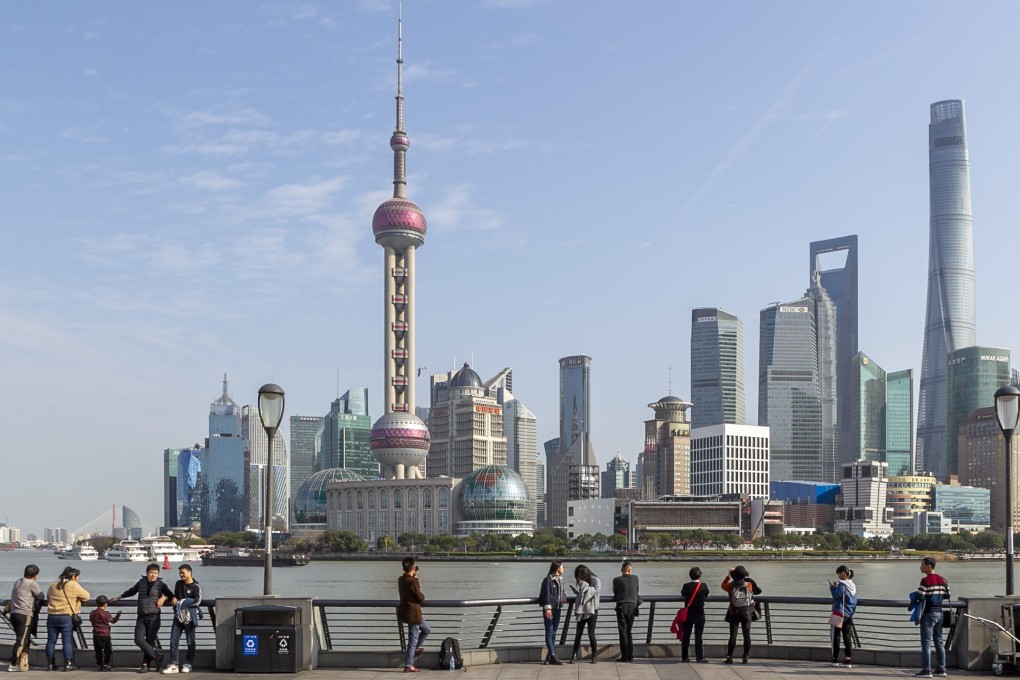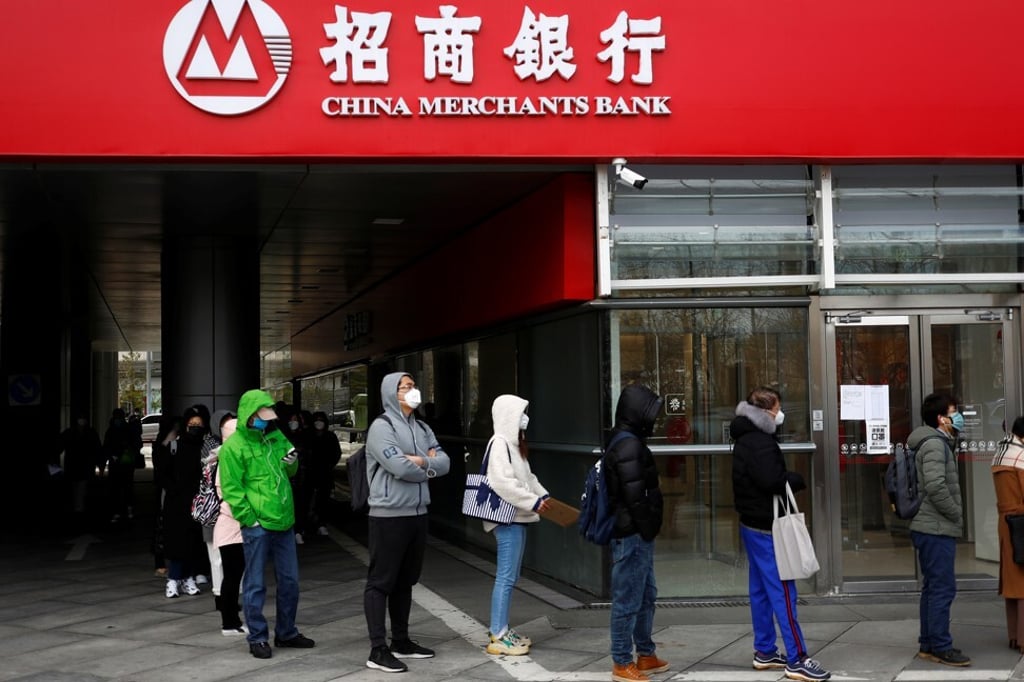Chinese banks and state-owned firms bright spot as dividend payouts slashed around the world
- Chinese state-backed groups are raising dividend payouts, even as US and European firms conserve cash
- China Mobile, China Merchants Bank boost 2019 full-year dividend payments; Ping An Bank raises 2020 dividend

Chinese state-backed companies’ have stepped up dividend payouts in sharp contrast to companies in Europe and the US who are hoarding cash to see them through the coronavirus pandemic. This relative largesse has attracted the attention of yield-seeking investors.
Beijing’s long-term push to attract institutional investors is paying dividends this year as many state-owned enterprises (SOEs) maintain, or even raise their payouts, fund managers said.
Even as the world’s second-largest economy suffered its first quarterly contraction since 1992, fund managers said they are snapping up Chinese stocks in the telecoms, banking and energy sectors for their generous dividend payouts.
“Big dividend payers tend to include the largest SOEs, which are often financial firms, energy producers and real estate developers with cyclical profits,” said Catherine Yeung, an investment director at Fidelity International based in Hong Kong.
State-owned China Mobile bumped up its 2019 full-year dividend payment by about 1 per cent year-on-year despite a 9.5 per cent fall in net profits. Among financial stocks, China Merchants Bank, raised its dividend payout to 33 per cent from 30 per cent. Ping An Bank said in its 2019 results announcement that it plans to pay out not less than 40 per cent of its profit in 2020, up from a previously set range of 10-30 per cent. Chinese banks have either state-backed or central bank-backed shareholders.
